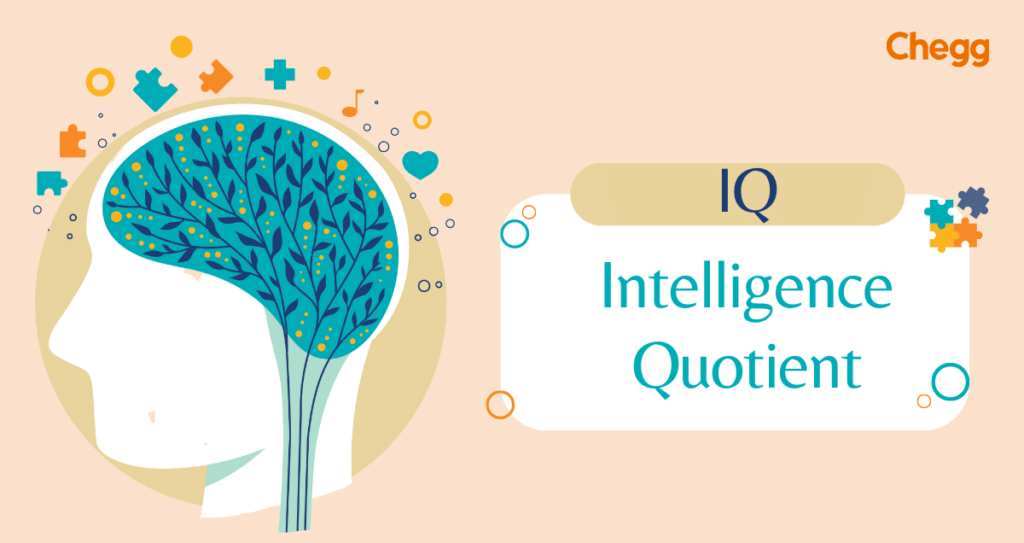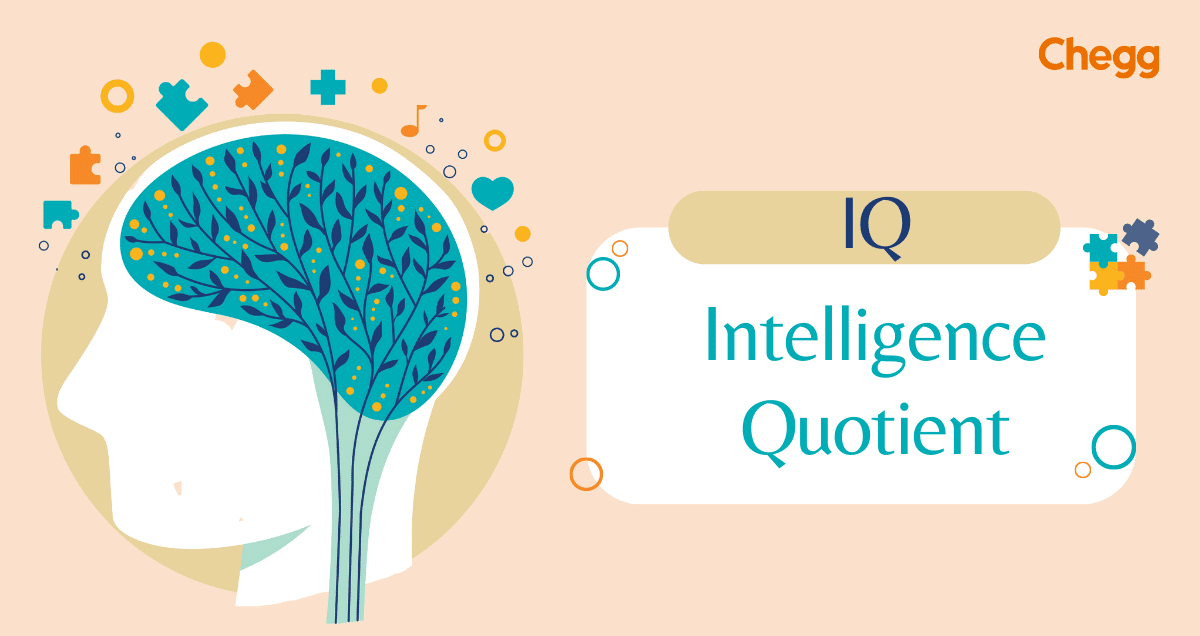
Are you interested in finding out what makes you so intelligent? Have you ever questioned if your IQ represents your cognitive ability accurately? In this post, we’ll examine the science of intelligence and unexpected variables that may affect your free IQ test results. We’ll look at the most recent findings on what makes us intelligent and how to maximize our intellectual potential, from genetics to the environment. So relax and get a cup of coffee, and let’s take a closer look at the fantastic intelligence field!
Genetics
You would not be far from the truth if you believed that certain people were born with an innate ability to solve problems and engage in critical thought. Although various factors influence intellect and IQ, genetics is one of the most important. There is a 57%–73% heritability range in IQ among adults who participated in early twin studies. IQ heritability has even been shown to reach 80% in certain studies.
The influence of heredity on IQ becomes increasingly noticeable in adults and late teens. You still have options, and your IQ is not a fixed trait. Genes are just one jigsaw component; IQ may also be significantly influenced by many other variables. You may find free IQ tests online if you are interested in determining your IQ without spending money.
Environment
Apart from heredity, environment is another factor that influences IQ tester scores and that you might not be able to control too much. It has been demonstrated that exposure to toxins, hefty metals like mercury or mead, may have extremely harmful consequences. It is also believed that adult and pediatric neurological systems are significantly impacted by air pollution. In addition, it has been demonstrated that a variety of family-related variables can also impact your IQ, such as:
- Family earnings
- The jobs held by the parents
Brain composition and function
Given the connection between intelligence and the brain, it makes sense that the shape and function of your brain greatly influence your IQ. People used to believe a person was smarter if they had a larger brain. It appears that larger always equates to better in this instance. Higher intelligence has been demonstrated to be connected with greater volume in various brain regions, including:
- Internal brain
- Cerebral
- Frontal lobe
- Hippocampal
- Cerebral
Specifically, higher free IQ test scores are linked to bigger frontal and temporal lobes. The brain is, of all, a highly complex organ, and much remains to be discovered. The degree and nature of the connections between various brain areas must also be considered.
Additionally, research has demonstrated that our brains are malleable and capable of growing and changing; this idea is called brain plasticity or neurogenesis. So don’t worry—if you’d like, you can do many things to support and strengthen your brain.
Stress
Stress is a sport in today’s competitive, high-achieving environment. “I feel so pressured!” “You’re informing me? Since 7 am, I have yet to take a single break. But you should apply a little pressure if you find yourself saying stuff like that all the time. There is ample evidence to suggest that long-term stress significantly impacts free IQ test results.
It all began with the kids. Those who experience physical or mental stress often perform 13% worse on cognitive tests than those who do not. You may believe that as we age, we become less susceptible to anxiety, but the sad reality is that stress of all types still harms us. For instance, persistent financial stress brought on by high bills that are hard to pay off lowers IQ scores. The effect of missing a whole night’s sleep is equivalent to the difference of 10–12 points.
Education
While genetics, environment, and brain anatomy are uncontrollable elements that impact IQ, many other factors under our control also have a significant impact. Education is the first of these, as several studies have shown. One study compared free IQ test scores before and after individuals finished school, accounting for the time spent there.
Another used a recent program in Norway that extended children’s primary education by two years. This allowed them to compare the kids’ IQ scores before and after the modification to see whether they had increased. A third kind of research examined kids around the same age but had distinct educational backgrounds because of their birth dates and school start hours.
One intriguing conclusion from this wide range of approaches and analysis is that every extra year of schooling is linked to an IQ rise of around 1–5 points. A two-year extension was associated with an average 3 IQ point rise. The fact that these effects were quite long-lasting is crucial. Even those in their 70s and 80s who take intelligence tests still show an increased IQ due to their further schooling.
Engaging in Physical Activity
Everyone has already informed you about the incredible advantages of exercise, including your doctor and annoying sister. However, did you realize that it can also raise your IQ? The greatest way to find out how intellectually capable you are and to plot a path for your development is to take the best online IQ test.
There are conflicting findings about how exercise affects IQ directly. According to some research, your IQ may be affected by regular, intense, light, or mild activity, or it may not. However, there is proof that exercise enhances several brain activities that are thought to be strongly linked to IQ. These are only a handful of the numerous instances:
- Kids who walk to school are more focused and do better on tests.
- Cardiovascular exercise can boost verbal intelligence by fifty percent.
- Exercise improves memory, flexibility of thought, and self-control in adults.
So, how can exercise affect IQ in such a significant way? There are several possible processes involved.
One theory is that physical activity improves cognitive performance by increasing blood flow to the brain. Exercise also boosts the synthesis of growth factors, such as brain-derived neurotrophic factor (BDNF), which improves cognitive performance and encourages the development of new neurons.
Additionally, exercise improves mood, which may indirectly affect IQ. Our bodies release endorphins during exercise, elevating mood and lessening stress. This may increase our sense of alertness and attention, improving our mental capacity.
Final Thoughts
You can see that many factors, including parenting and mental illness, genetics, environment, and environment, may influence an individual’s IQ tester scores. As you can see, there are ways to raise your IQ. We have direct influence over many of the factors listed above. To guarantee that you maximize your enormous potential, there are several ways you may invest in intelligence if that is something you value. For the most reliable IQ test questions, please visit our website, www. iqtester.org/test, for further information.
